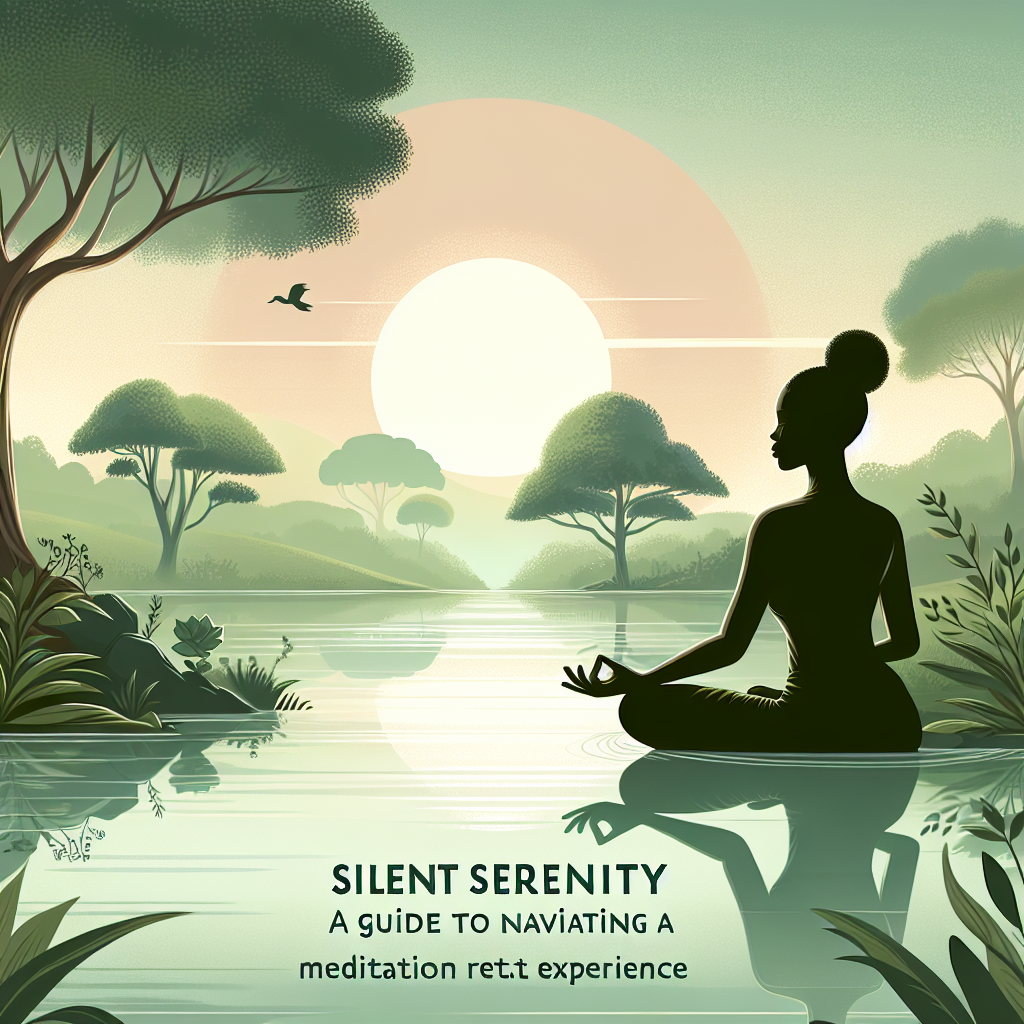The Healing Power of meditation: How Mindfulness Can Transform Your Wellness
In today’s fast-paced world, it can be easy to get caught up in the chaos of everyday life. From work deadlines to family obligations, it can feel like there is never a moment to catch your breath. This constant state of stress and anxiety can take a toll on your mental and physical well-being, leaving you feeling drained and overwhelmed. However, there is a simple and effective way to combat these negative effects and promote healing from within: meditation.
Meditation has been practiced for thousands of years in various cultures around the world as a way to cultivate mindfulness, reduce stress, and promote overall wellness. In recent years, scientific research has begun to uncover the many benefits of meditation, confirming what practitioners have known for centuries: that mindfulness can transform your health and well-being in powerful ways.
What is Meditation?
Meditation is a practice that involves focusing your attention on a particular object, thought, or activity in order to achieve a state of mental clarity and emotional calmness. There are many different forms of meditation, ranging from mindfulness meditation, which involves paying attention to the present moment without judgment, to loving-kindness meditation, which focuses on cultivating feelings of compassion and empathy towards oneself and others.
One of the key components of meditation is learning to observe your thoughts and feelings without attachment or judgment. By developing this ability to step back and witness your inner experiences, you can begin to cultivate a sense of inner peace and well-being that is not dependent on external circumstances.
The Healing Power of Meditation
The healing power of meditation lies in its ability to bring the body and mind into a state of relaxation and balance. When we are stressed or anxious, our bodies enter into a fight-or-flight response, releasing cortisol and other stress hormones that can have a detrimental effect on our health. By practicing meditation regularly, we can calm the nervous system, reduce the levels of stress hormones in the body, and promote the release of feel-good chemicals such as endorphins and serotonin.
Research has shown that meditation can have a profound impact on our physical health, lowering blood pressure, reducing inflammation, and boosting the immune system. It can also have a positive effect on our mental health, helping to alleviate symptoms of depression, anxiety, and PTSD. By training the mind to focus on the present moment and cultivate feelings of gratitude and compassion, meditation can help us develop a more positive outlook on life and build resilience in the face of adversity.
In addition to its mental and physical benefits, meditation can also have a transformative effect on our relationships with others. By cultivating feelings of compassion and empathy towards ourselves and others, we can improve our communication skills, foster deeper connections, and cultivate a sense of unity and interconnectedness with all beings.
How to Get Started with Meditation
If you are new to meditation, getting started can seem daunting at first. However, with a little practice and patience, you can begin to experience the many benefits of this powerful practice. Here are some tips for getting started with meditation:
1. Find a quiet and comfortable space where you won’t be disturbed.
2. Sit or lie down in a relaxed and comfortable position.
3. Close your eyes and take a few deep breaths to center yourself.
4. Focus your attention on your breath, noticing the sensation of the air entering and leaving your body.
5. If your mind starts to wander, gently bring your focus back to your breath without judgment.
6. Start with just a few minutes of meditation each day, gradually increasing the duration as you become more comfortable with the practice.
FAQs about Meditation
Q: How long should I meditate each day?
A: The length of time you spend meditating each day will depend on your personal preferences and schedule. Some people find that just a few minutes of meditation each day is enough to experience benefits, while others prefer longer sessions of 20-30 minutes. Ultimately, the most important thing is to establish a regular practice that works for you and stick to it.
Q: Can meditation help with insomnia?
A: Yes, meditation can be a helpful tool for improving sleep quality and reducing insomnia. By calming the mind and relaxing the body, meditation can help to ease racing thoughts and promote a sense of peace and relaxation that can aid in falling asleep more easily.
Q: Is it necessary to sit in a specific posture while meditating?
A: While there are traditional meditation postures such as sitting cross-legged on the floor or in a chair with your feet flat on the ground, the most important thing is to find a posture that is comfortable for you. The goal is to be able to sit or lie down in a relaxed and open position that allows you to focus on your breath without discomfort.
Q: Can meditation replace therapy or medication for mental health conditions?
A: While meditation can be a helpful complement to therapy and medication for mental health conditions, it is not a replacement for professional treatment. If you are struggling with a mental health issue, it is important to seek support from a qualified therapist or healthcare provider who can help you develop a holistic treatment plan that meets your individual needs.
In conclusion, the healing power of meditation is a potent tool for promoting overall wellness and transforming your health from the inside out. By cultivating mindfulness and cultivating a sense of inner peace, you can begin to experience the many benefits of this ancient practice in your own life. Whether you are looking to reduce stress, improve your mental health, or deepen your spiritual connection, meditation can offer a powerful and transformative path towards healing and well-being.




Leave A Comment